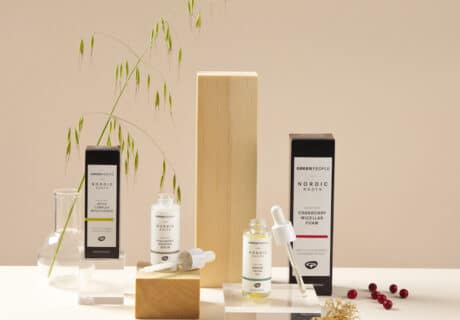A new consumer behaviours report by marcoms agency Pegasus has found that 84% of consumers intend to maintain one or more of the new beauty habits they formed in lockdown.
The Changing Consumer Behaviours report – written in collaboration with beauty journalist Sali Hughes and psychologist Dr Anna Baker – combines consumer research, behavioural science and expert opinion to explore what behaviours have emerged and how they might stay, progress or revert after the pandemic. It also looks at where the opportunities and challenges lie with regard to reaching and influencing the ‘changed’ COVID-19 consumer.
The report explores three core areas:
- Buying not Shopping – while browsing for beauty is off limits, the research found that nearly a third (32%) of women still plan to buy beauty and skincare, such as moisturizers, cleansers and make-up from specialist heath retailers.
- Value(s) – 65% of beauty shoppers says they pared back their beauty supplies during lockdown and now buy only what they need, with a further 33% intending to sustain less wasteful behaviours.
- Home Comforts – with beauty salons and spas closed, the use of DIY at-home treatments has risen, with consumers saying they’ll continue to use these products as they are happy with the results. For example, 69% of women who started using at-home hair removal products during lockdown expect to continue using them.
“Consumers have shown positive lifestyle changes during lockdown with intention to maintain them going forward,” says Baker. “Ensuring support is there to maintain motivation and address perceived barriers that will arise is essential.”
Explaining the incentive for the report, Amy Greenwood, client director of consumer health & beauty at Pegasus, says: “COVID-19 has dramatically affected the way we consume media, digest information and communicate and interact with brands. Businesses that put changed consumer behaviours at the heart of their strategies and the right interventions in place to influence them will have the most success. The report will be a valuable tool to inform our marketing strategies – where we can, let’s use our communications to cement the positive behaviours emerging from COVID-19 longer-term.





